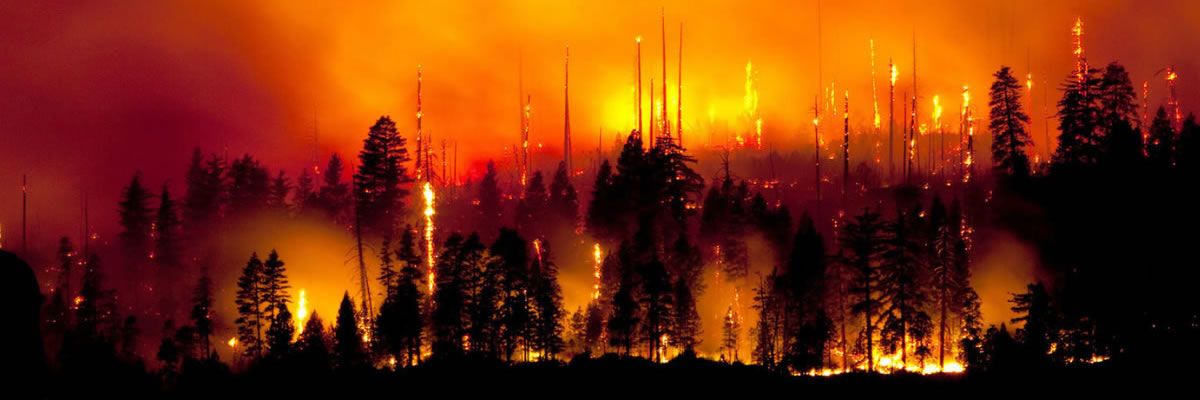
Pope Francis has called the Amazon one of the “richly biodiverse lungs of our planet … We know how important [it is] for the entire earth and for the future of humanity” (Laudato Si’, #38). The Amazon is home to one-third of the Earth’s plant and animal species, and produces one-fifth of all Earth’s flowing fresh water.
According to Amazon Watch, a nonprofit organization founded in 1996 to protect the rainforest and advance the rights of indigenous peoples in the Amazon basin, by removing carbon from our atmosphere, the Amazon is one of the most powerful “carbon sinks” mitigating the effects of human-caused climate change. Yet, more than 20% of the Amazon has been deforested, intensifying the impacts of climate change.
The United States is responsible for a portion of this deforestation, including the recent fires that made headlines. Many US manufacturers and other companies source materials from the Amazon region, including General Mills, Johnson & Johnson, L’Oreal, and McDonalds. Many financial institutions have significant investment and operations in the Brazilian Amazon, including Boston Common Asset Management, Deutsche Bank, and Miller/Howard Investments. In addition, US consumer demands – for products like beef, soy-fed livestock, and goods made with palm oil – contribute to deforestation for cattle raising and large-scale agricultural.
On September 5th, the Interfaith Center on Corporate Responsibility released a statment from shareholder investors urging companies with operations and supply chains connected to the Amazon to take immediate action to safeguard the human rights and ecosystems that are being devastated by the recent fires.
As people of faith, we are called to “take care to guard against all greed, for though one may be rich, one’s life does not consist of possessions” (Lk 12:15). Applying this teaching to the present-day, Pope Benedict XVI wrote, “it is good for people to realize that purchasing is always a moral – and not simply economic – act. Hence the consumer has a specific social responsibility, which goes hand-in-hand with the social responsibility of business” (Caritas in Veritate, #66).
What happens to the Amazon has consequences for all life on the planet, and as people of faith, we have a responsibility to care for God’s creation and ensure the wellbeing of future generations. By listening to the wisdom of indigenous communities, taking seriously the costs of environmental degradation, and examining our lifestyle choices, the Synod hopes to discern how the universal Church can best respond to “the cry of the earth and the cry of the poor” (Laudato Si’, #49).
How does the extraction of the raw materials needed to manufacture your purchases impact workers, nearby communities, and the earth? Can you imagine new ways to purchase responsibly? download our consumer examination for people of faith - "Purchasing is a Moral Act" - to help answer these questions.
- Log in to post comments
 St. Columban Mission for Justice, Peace and Ecology
St. Columban Mission for Justice, Peace and Ecology